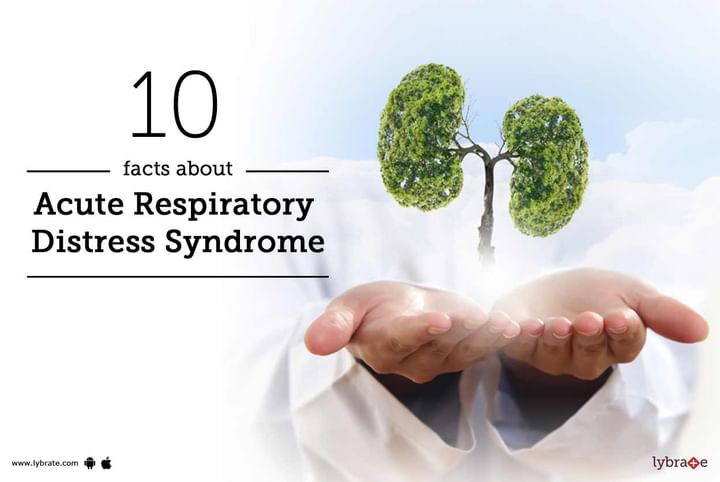10 Facts About Acute Respiratory Distress Syndrome
If you are experiencing difficulty in breathing or rapid breathing, shortness of breath and low blood pressure, you might have been affected with acute respiratory distress syndrome or ARDS. This is a fatal lung condition in which the supply of oxygen to the lungs and into the blood gets prevented. The symptoms of this syndrome develop within two days of the illness. Here are 10 important facts about ARDS you should know about:
-
Because of the low level of oxygen in the blood, the organs of the body may not function properly. The kidneys and brain require constant oxygen-rich blood supply and there are chances of organ failure due to ARDS.
-
Commonly, people who get ARDS are already in hospital for some other health problem. People who are not hospitalised may get ARDS because of conditions such as pneumonia.
-
In ARDS, the tiny blood vessels of the lungs leak more fluid than usual into the air sacs of the lungs. This happens because of infections, injuries or some other condition. The lungs cannot get filled up with air and sufficient oxygen is prevented from getting pumped into the bloodstream.
-
Several factors also lead to ARDS. These include sepsis, severe bleeding due to any injury on the head or chest, breathing in harmful smoke, or inhaling vomited content of the stomach from the mouth.
-
People who are prone to ARDS have some condition that may injure their lungs directly or indirectly.
-
The initial symptoms of ARDS include a feeling of not getting sufficient air in the lungs, low oxygen levels in the blood and rapid breathing. The diagnosis of ARDS depends on your medical history and the results from several tests and physical examinations.
-
The treatment of ARDS is undertaken by oxygen therapy, medicines and fluids. A patient with ARDS is likely to develop some other health condition while in the hospital, such as lung scarring, blood clots, infections and pneumothorax.
-
Many people recover from ARDS completely while others keep on facing certain health problems, such as shortness of breath, muscle weakness, depression and fatigue. Problems related to memory and clear thinking are also indicated.
-
By improving your quality of life, you can recover from ARDS. You need the support and encouragement of your family and friends. You must avoid smoking and keep away from any kind of lung irritant.
- The treatment for ARDS has showed progress in the recent years. Hence, more people are recovering from this condition. New treatment procedures are being researched on. If you wish to discuss about any specific problem, you can consult a pulmonologist.



+1.svg)
